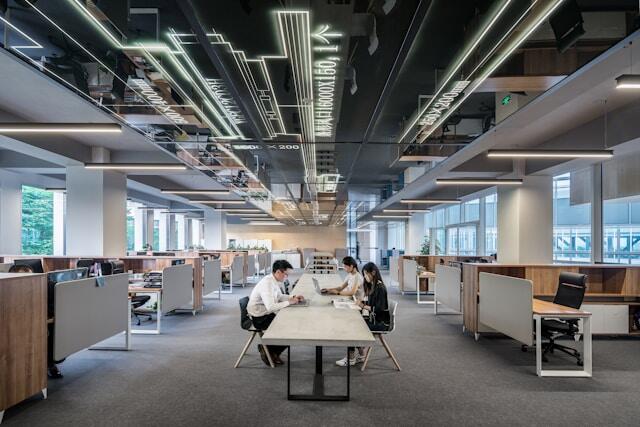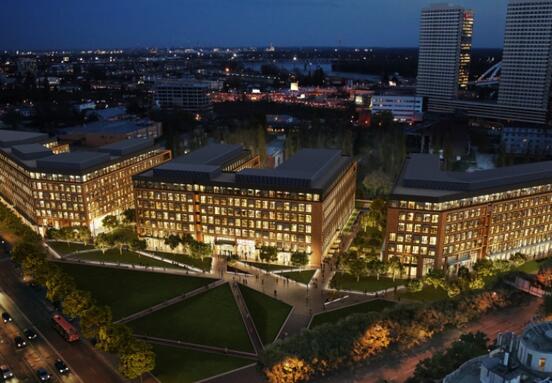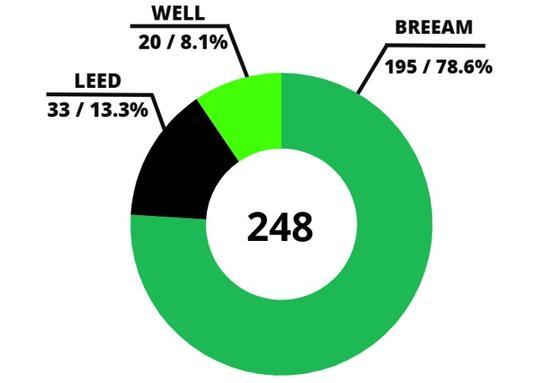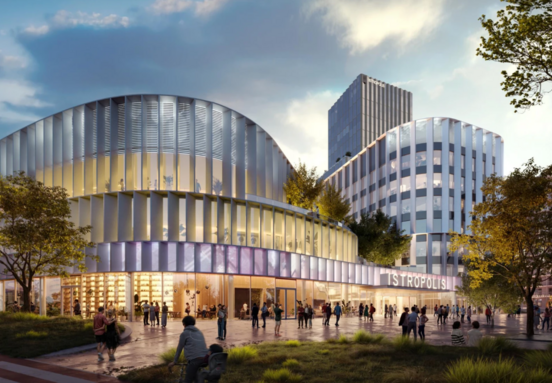Smart Buildings and Your Business: Understanding Data Privacy and GDPR
The evolution of smart buildings, from modern offices to advanced warehouses, brings undeniable benefits like automated operations, energy efficiency, and enhanced comfort. However, these sophisticated systems—including motion sensors, digital access, smart cameras, and energy tools—are constantly collecting data, much of which can identify individuals. For businesses seeking new premises, understanding the implications of this data collection, particularly under the General Data Protection Regulation (GDPR), is paramount.
GDPR Compliance: What Building Operators (and You) Must Know
In regions like Slovakia, the Personal Data Protection Act of 2018 implements GDPR, imposing strict obligations on smart building operators (owners, administrators, system operators). While these responsibilities primarily fall on the operator, businesses renting space should be aware of these requirements as they impact the overall data environment of their chosen location:
- Purpose Limitation: Data processing must serve a specific, predefined purpose (e.g., property protection, security), not for general surveillance.
- Legal Basis: There must be a clear legal justification for data processing, such as explicit consent, a contractual agreement, or legitimate interest.
- Informing Individuals: Building occupants and visitors must be clearly informed about data processing conditions and their rights, often through visible signs and information boards.
- Recording Limitations: Cameras are strictly prohibited in private areas like restrooms or changing rooms.
- Proportionality: Data capture must be proportionate to its stated purpose, avoiding the collection of unnecessary information.
- Retention Period: Personal data should only be stored for as long as necessary, typically a maximum of 72 hours if no incident occurs.
- Data Security: Robust measures must be in place to protect systems and records from unauthorized access.
- Responsible Person: Operators are encouraged to appoint a Data Protection Officer (DPO) or similar responsible person for compliance oversight.
- Documentation: Detailed records outlining all data processing activities must be maintained.
Transparency and Shared Responsibilities
Transparent communication with building users about data collection practices is not just a legal requirement but also builds trust. For businesses, it's crucial to understand that legal responsibilities for data processing can vary significantly among building owners, tenants, and technology providers. When evaluating potential office or warehouse spaces, inquiring about these divisions of responsibility is a critical due diligence step.
Mitigating Cybersecurity Risks in Smart Buildings
Beyond compliance, smart buildings present inherent cybersecurity risks. A data breach leading to the leakage of personal data can trigger severe legal and financial repercussions under GDPR, including fines up to €20 million or 4% of global turnover. Operators are legally obligated to report such breaches to authorities within 72 hours. While malicious hackers are the perpetrators, the ultimate legal responsibility for ensuring system security rests with the building administrator or owner. Businesses should therefore look for premises where proactive security measures and a demonstrated commitment to data protection are clearly evident.
Making Informed Decisions for Your Business
As your business considers a new smart office or warehouse space, prioritize locations that not only offer cutting-edge technology but also demonstrate a robust commitment to data privacy and cybersecurity. Understanding the GDPR obligations of building operators, asking pertinent questions about data handling, and assessing their security protocols will help ensure your business operates within a secure and compliant environment. Choose a smart building that empowers your operations without compromising your data integrity.
Source: kancelarie.sk







